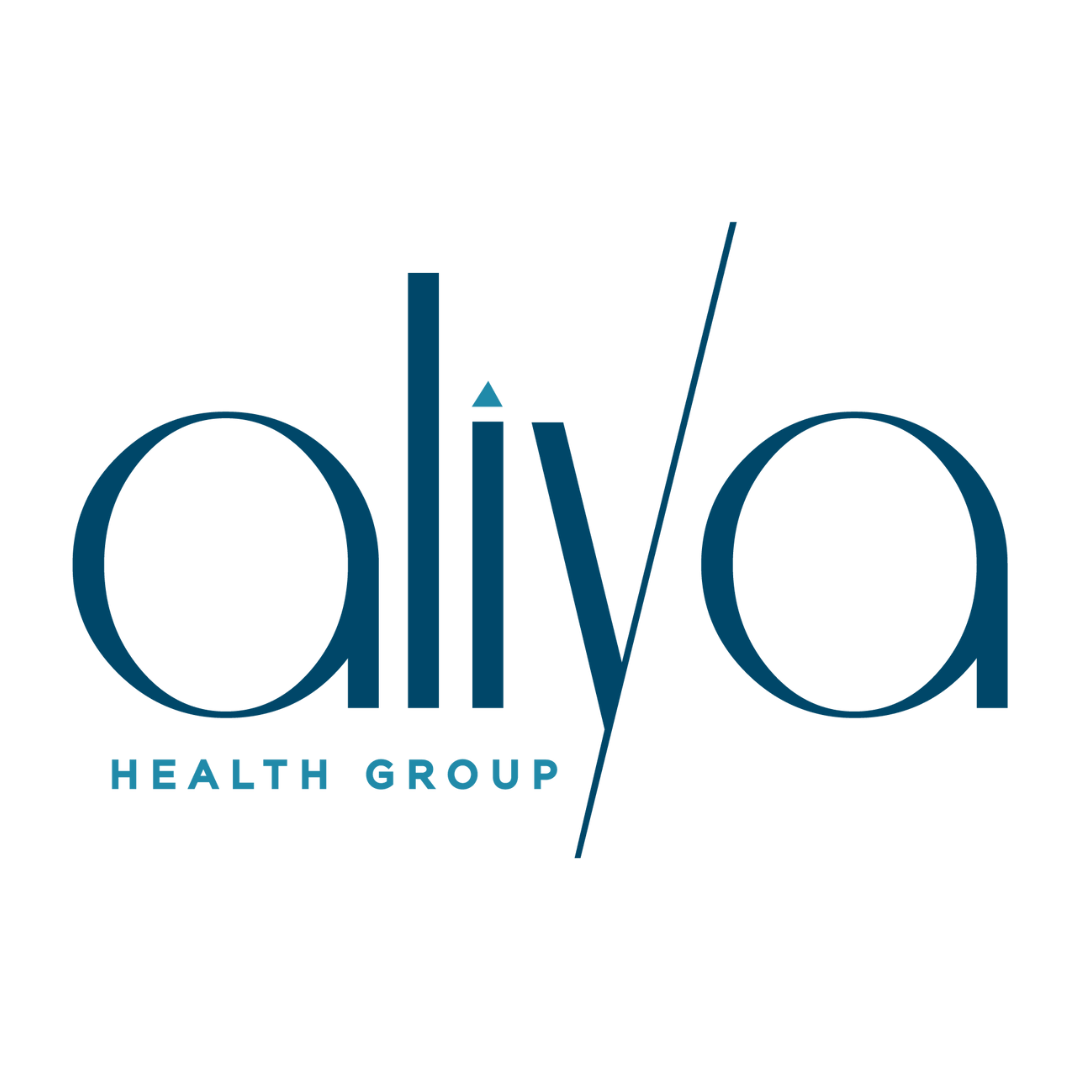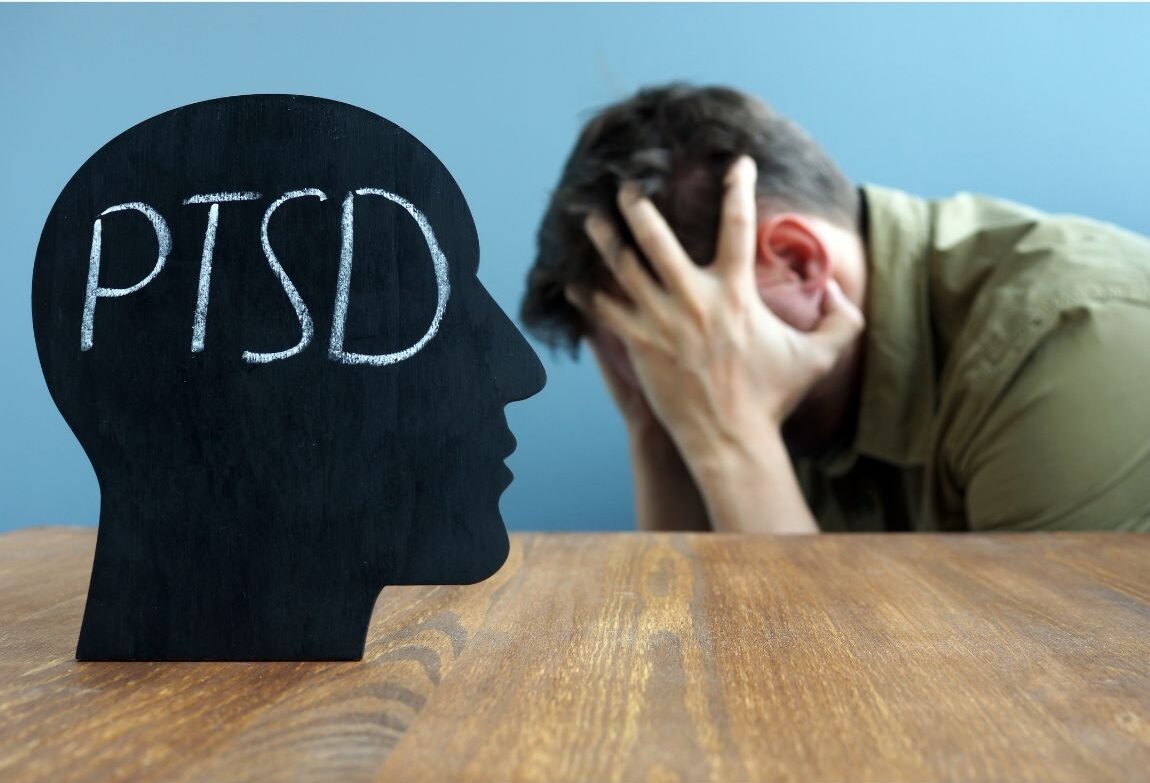Healing PTSD: Trauma-Based Treatment for Veterans
Post-traumatic stress disorder (PTSD) affects many people who have experienced trauma. Among those most impacted are veterans, who often face higher rates of PTSD compared to civilians. For many vets, trauma-based treatment can help in overcoming the challenges of this condition.
What Is PTSD?
Post-traumatic stress disorder (PTSD) is a mental health condition triggered by experiencing or witnessing a traumatic event. These events can threaten your physical or emotional well-being, leaving psychological scars. People with PTSD can cause a range of symptoms, including:
- Intrusive memories
- Flashbacks
- Nightmares
- Being overly alert
- Avoidance behavior
Veterans, in particular, face higher rates of PTSD compared to civilians. This has to do with the difficulties of military service, including exposure to combat, deployment stress, and the constant risk of danger. According to 2021 research by the U.S. Department of Veterans Affairs (VA), approximately 10 percent of male veterans and 19 percent of female veterans in VA care were diagnosed with PTSD.
That said, PTSD is not limited to the veteran population. Statistics show:
- Around 13 million individuals in American are dealing with PTSD at any given time
- Roughly one in thirteen Americans will develop PTSD at some point in their lives
Can Trauma-Based Treatment Help Veterans?
Trauma therapy can offer hope to veterans dealing with the long-lasting effects of PTSD. This type of trauma treatment and counseling is designed to address the underlying traumas that fuel PTSD symptoms. Unlike traditional therapies that focus on symptom management, trauma-based treatment goes deeper. It’s meant to assist you in understanding and fitting your traumatic experiences into your own life story.
Military trauma treatment can help veterans make sense of tough memories and emotions. In a safe and supportive environment, therapists help vets challenge negative beliefs about themselves and the world, and develop healthier coping mechanisms. Many practitioners who work with veterans have a deep understanding of military culture and the unique challenges faced by those who have served.
Trauma-based treatment involves a variety of therapies, each tailored to meet the unique needs of veterans.
Get confidential help from our addiction and mental health treatment facilities located across the United States. Call to join one of our quality programs today!
Speak With Our Admissions TeamTherapies for Healing Trauma
When it comes to healing trauma, there’s no one-size-fits-all approach. Instead, a variety of evidence-based therapies offer veterans options to address their unique experiences. Common trauma therapy techniques include:
- Eye Movement Desensitization and Reprocessing (EMDR)
EMDR helps you process traumatic memories and emotions. During EMDR sessions, a therapist will help you recall distressing memories while engaging in bilateral stimulation. For example, following the therapist’s hand movements or listening to alternating sounds. This process helps rewire the brain’s response to trauma, reducing the emotional charge associated with traumatic memories and promoting healing. - Cognitive-Behavioral Therapy (CBT)
CBT is a widely used therapy that focuses on identifying and changing negative thought patterns and behaviors associated with trauma. Through structured exercises, you learn to challenge distorted beliefs about themselves and the world, develop effective coping strategies, and gradually confront their fears. - Prolonged Exposure Therapy (PE)
PE sessions repeatedly expose you to reminders of the traumatic event, such as recounting the memory aloud or revisiting locations associated with the trauma. Over time, this exposure reduces the emotional distress associated with it. - Cognitive Processing Therapy (CPT)
CPT helps you challenge and reframe negative beliefs about yourself and the world around you that resulted from the trauma. Through structured exercises and discussions, you learn to identify and challenge unhelpful thought patterns and develop new perspectives. - Group Therapy
Group therapy gives veterans a supportive environment to connect with others who have experienced similar traumas, share their experiences, and learn from one another. - Veteran Addiction Therapy
Alcohol use disorder (AUD) is the most common addiction among veterans. Veteran addiction therapy is particularly helpful for those dealing with co-occurring disorders.
In addition to individual therapy, vets may participate in activities like mindfulness exercises or art therapy.
Are Medications Used to Treat Trauma?
While trauma therapy remains the heart of treatment, medications can help manage symptoms and improve overall functioning, making therapy more effective.
Common Medications for Trauma
- Selective Serotonin Reuptake Inhibitors (SSRIs): SSRIs are a class of antidepressant medications commonly prescribed to treat PTSD. These medications, which include sertraline (Zoloft), paroxetine (Paxil), and fluoxetine (Prozac), increase serotonin in the brain, thereby improving mood, reducing anxiety, and reliving symptoms of PTSD.
- Serotonin-Norepinephrine Reuptake Inhibitors (SNRIs): SNRIs, such as venlafaxine (Effexor) and duloxetine (Cymbalta) increase levels of serotonin in the brain while also targeting norepinephrine, a neurotransmitter involved in stress response. This dual action helps regulate mood and reduce symptoms of PTSD.
- Prazosin: Prazosin is a medication primarily used to treat high blood pressure, but it has also been shown to reduce nightmares and improve sleep quality in PTSD sufferers. By blocking the effects of adrenaline, prazosin helps reduce the frequency and intensity of nightmares associated with trauma.
- Atypical Antipsychotics: In some cases, atypical antipsychotic medications, such as quetiapine (Seroquel) or risperidone (Risperdal), may be prescribed to address agitation, irritability, or dissociation associated with PTSD.
- Benzodiazepines: While benzodiazepines, such as alprazolam (Xanax) or clonazepam (Klonopin), may provide short-term relief from anxiety symptoms, they are generally not recommended for long-term use in PTSD. Benzodiazepines carry a risk of dependence, tolerance, and worsening of PTSD symptoms over time, making them less suitable for long-term treatment.
Looking for quality treatment for substance abuse and mental health that’s also affordable? Aliya Health Group's treatment facilities accept most major insurance providers. Get a free insurance benefits check now!
Check Your CoverageTrauma-Based Treatment for Veterans at Aliya Health Group
At Aliya Health Group, we understand veterans have unique needs when it comes to PTSD treatment. That’s why we developed the Valor program, which offers trauma-focused, evidence-based treatment for veterans and first responders. As one of our specialty treatment program tracks, our veterans program offers specialized care within a supportive and understanding recovery community.
Your treatment team will include military personnel, veterans, and retired first responders who understand the unique experiences of the service. All veterans program staff are trained in military culture sensitivity and trauma. This allows us to provide specialized behavioral therapy and treatment for PTSD, substance abuse, and other mental health issues commonly experienced by veterans.
Some of our treatment services for veterans include:
- Individual and group therapy
- Dual diagnosis treatment
- Psychiatric medication management
- Medication-assisted treatment (MAT)
- Cognitive behavioral therapy (CBT)
- Holistic and wellness services
- Psychoeducation
- Life skills training
- Community integration
Do you know a veteran with PTSD? Are you looking for effective treatment for yourself? We offer PTSD treatment for veterans that can help treat combat stress. We’re here to answer any of your questions about our Valor program for PTSD and veteran addiction treatment. PTSD in veteran communities is treatable. Call today for effective treatment for trauma, PTSD, anxiety, and more.




















